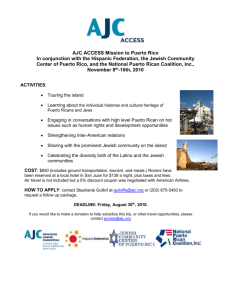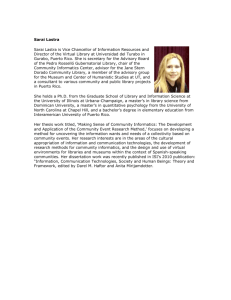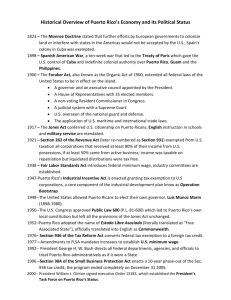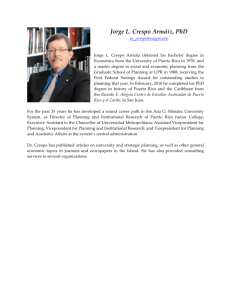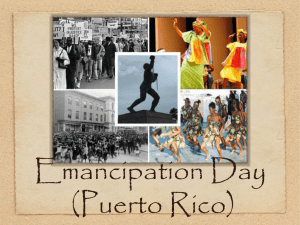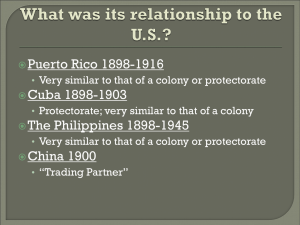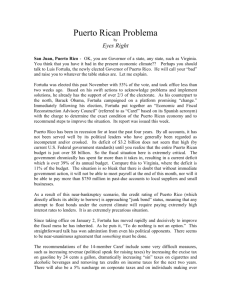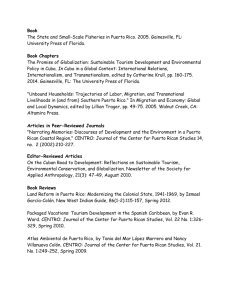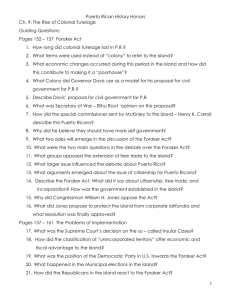Foraker Act
advertisement
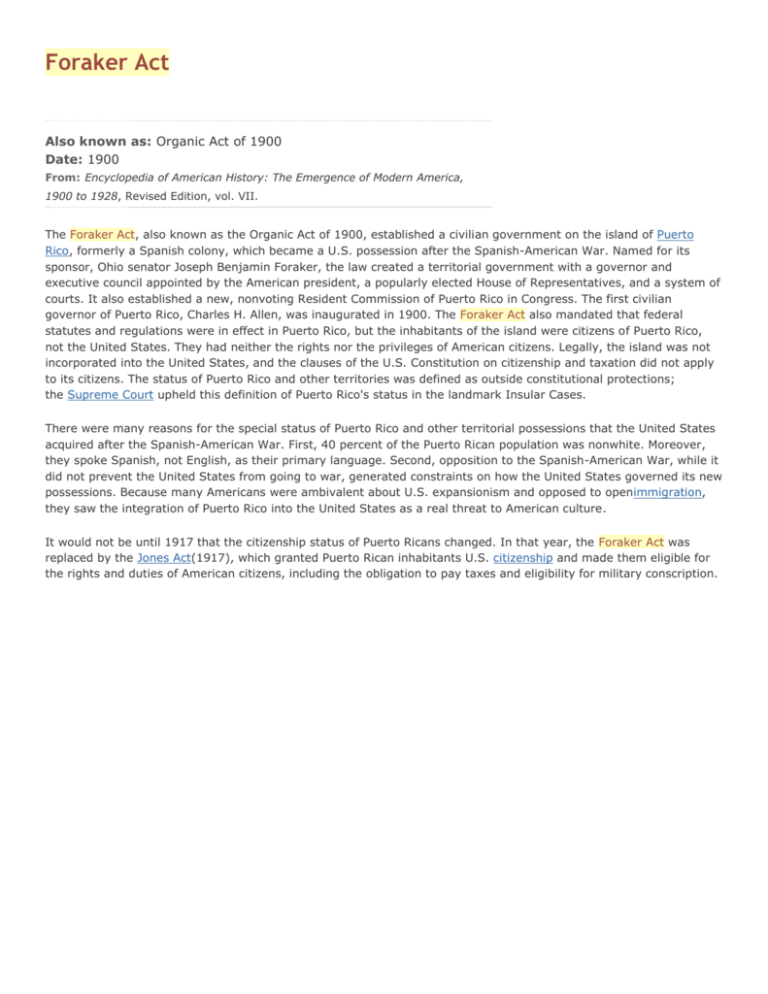
Foraker Act Also known as: Organic Act of 1900 Date: 1900 From: Encyclopedia of American History: The Emergence of Modern America, 1900 to 1928, Revised Edition, vol. VII. The Foraker Act, also known as the Organic Act of 1900, established a civilian government on the island of Puerto Rico, formerly a Spanish colony, which became a U.S. possession after the Spanish-American War. Named for its sponsor, Ohio senator Joseph Benjamin Foraker, the law created a territorial government with a governor and executive council appointed by the American president, a popularly elected House of Representatives, and a system of courts. It also established a new, nonvoting Resident Commission of Puerto Rico in Congress. The first civilian governor of Puerto Rico, Charles H. Allen, was inaugurated in 1900. The Foraker Act also mandated that federal statutes and regulations were in effect in Puerto Rico, but the inhabitants of the island were citizens of Puerto Rico, not the United States. They had neither the rights nor the privileges of American citizens. Legally, the island was not incorporated into the United States, and the clauses of the U.S. Constitution on citizenship and taxation did not apply to its citizens. The status of Puerto Rico and other territories was defined as outside constitutional protections; the Supreme Court upheld this definition of Puerto Rico's status in the landmark Insular Cases. There were many reasons for the special status of Puerto Rico and other territorial possessions that the United States acquired after the Spanish-American War. First, 40 percent of the Puerto Rican population was nonwhite. Moreover, they spoke Spanish, not English, as their primary language. Second, opposition to the Spanish-American War, while it did not prevent the United States from going to war, generated constraints on how the United States governed its new possessions. Because many Americans were ambivalent about U.S. expansionism and opposed to openimmigration, they saw the integration of Puerto Rico into the United States as a real threat to American culture. It would not be until 1917 that the citizenship status of Puerto Ricans changed. In that year, the Foraker Act was replaced by the Jones Act(1917), which granted Puerto Rican inhabitants U.S. citizenship and made them eligible for the rights and duties of American citizens, including the obligation to pay taxes and eligibility for military conscription.

